We have a Sonicare toothbrush — one of those rechargeable ones that vibrates, like, a trillion times per second and essentially buzzes plaque and tartar into submission. (That might not be exactly the science behind the technology, but that is certainly what it feels like.) The toothbrush has a built-in timer that changes the tone of the buzz every thirty seconds, to let us know it’s time to abuse a different part of our mouths (top front, top back, bottom front, bottom back, or whatever) and so we generally brush for about two minutes every morning and every evening. (Stick with me; there is a point to this.)
If we do the math, two times a day at two minutes per brushing comes to twenty-eight minutes per week, or 1,460 minutes of brushing per year. That’s twenty-four hours and twenty minutes. So, put another way, each year, we spend the equivalent of one entire day brushing our teeth. We can do calculations like this for all sorts of things. I do a workout each weekday morning before I take my morning walk. That workout lasts about forty minutes and I do it five days a week (except for when I’m traveling). So, that’s 200 minutes a week for, let’s say, forty-five weeks out of the year. That means I spend the equivalent of slightly more than six full days a year working out, just so that I can eat a bowl of ice cream at the end of the day and not feel too guilty about it.
But for the purposes of this post, let’s stick with the toothbrushing example. Assuming, of course, that you’re still reading. Certainly by now you’re wondering what the hell this is about.
Allow me to explain.
Speaking with beginning writers at conventions (as I did at ConCarolinas a week or so ago) I often hear that they are ready to start work on a novel, but they worry about carving out time in their already-busy lives for a big project. Such an endeavor feels overwhelming, frightening, impossible.
 And in part, this is the fault of professionals like me, who talk about our work habits and, perhaps, create unrealistic expectations that writers with less experience then apply to themselves. I write full time. I demand of myself that I write 2,000 words per day. I am asked often how long it takes me to write a book, and the honest answer is that it takes me about three months, which is pretty quick, I know. Writers who are at the outsets of their careers should not necessarily expect to do the same.
And in part, this is the fault of professionals like me, who talk about our work habits and, perhaps, create unrealistic expectations that writers with less experience then apply to themselves. I write full time. I demand of myself that I write 2,000 words per day. I am asked often how long it takes me to write a book, and the honest answer is that it takes me about three months, which is pretty quick, I know. Writers who are at the outsets of their careers should not necessarily expect to do the same.
Because I didn’t always write this fast. For the first ten years of my career, I was pleased to complete a book a year. And that pace is much easier to maintain than you might think. Let’s do a bit more math.
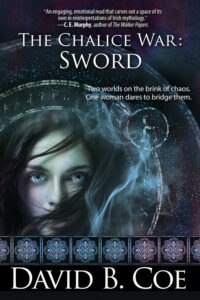 We’ll begin with the assumption that the book we’re writing will come in at around 100,000 words, which is the approximate length of most of the Thieftaker books, the Chalice War books, and the Fearsson books. Epic fantasies tend to be somewhat longer; YAs tend to be shorter. But 100K is a good middle ground.
We’ll begin with the assumption that the book we’re writing will come in at around 100,000 words, which is the approximate length of most of the Thieftaker books, the Chalice War books, and the Fearsson books. Epic fantasies tend to be somewhat longer; YAs tend to be shorter. But 100K is a good middle ground.
Let’s assume as well that at most we can afford to devote an hour a day to writing. And in that hour, we can only expect to write one page — about 250 words. That pace may sound way too slow, and you may be saying to yourself that at that rate we’ll be writing forever.
Well, no. At that pace, even allowing for missed days along the way, we can be finished with our 100,000 word novel in a little over 13 months. If we can up our production to five hundred words a day just on weekends, we can be done in closer to eleven months, under a year.
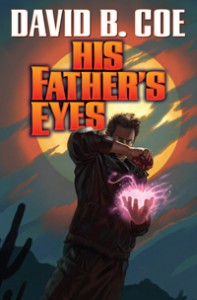 Feeling more ambitious? Say we can write for ninety minutes each weekday, and can manage to average 500 words a day, while taking our weekends off to recharge. Well, now we’re writing 2,500 words per week, and that novel will be done in less than nine months. Willing to write on weekends, too? Now we’re down to seven months.
Feeling more ambitious? Say we can write for ninety minutes each weekday, and can manage to average 500 words a day, while taking our weekends off to recharge. Well, now we’re writing 2,500 words per week, and that novel will be done in less than nine months. Willing to write on weekends, too? Now we’re down to seven months.
I can go on, but by now you get the idea. Applying the toothbrush principle — which says simply that small efforts on a daily basis add up quickly — we can transform the very idea of writing a novel from something daunting — a challenge that feels too huge to tackle — into something manageable, doable.
Now, to be clear, I am not suggesting that anyone exchange brushing their teeth for writing. The day is long enough to get both done. And four out of five dentists surveyed tell us that the world will be a better, fresher place if we all continue to brush our teeth . . . .
Have a great week!









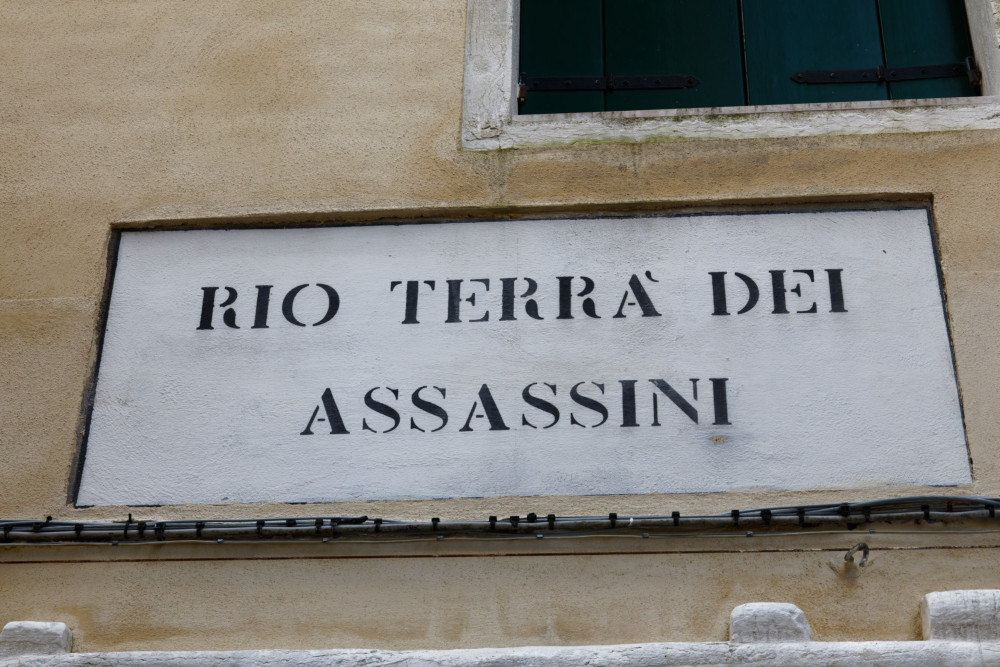
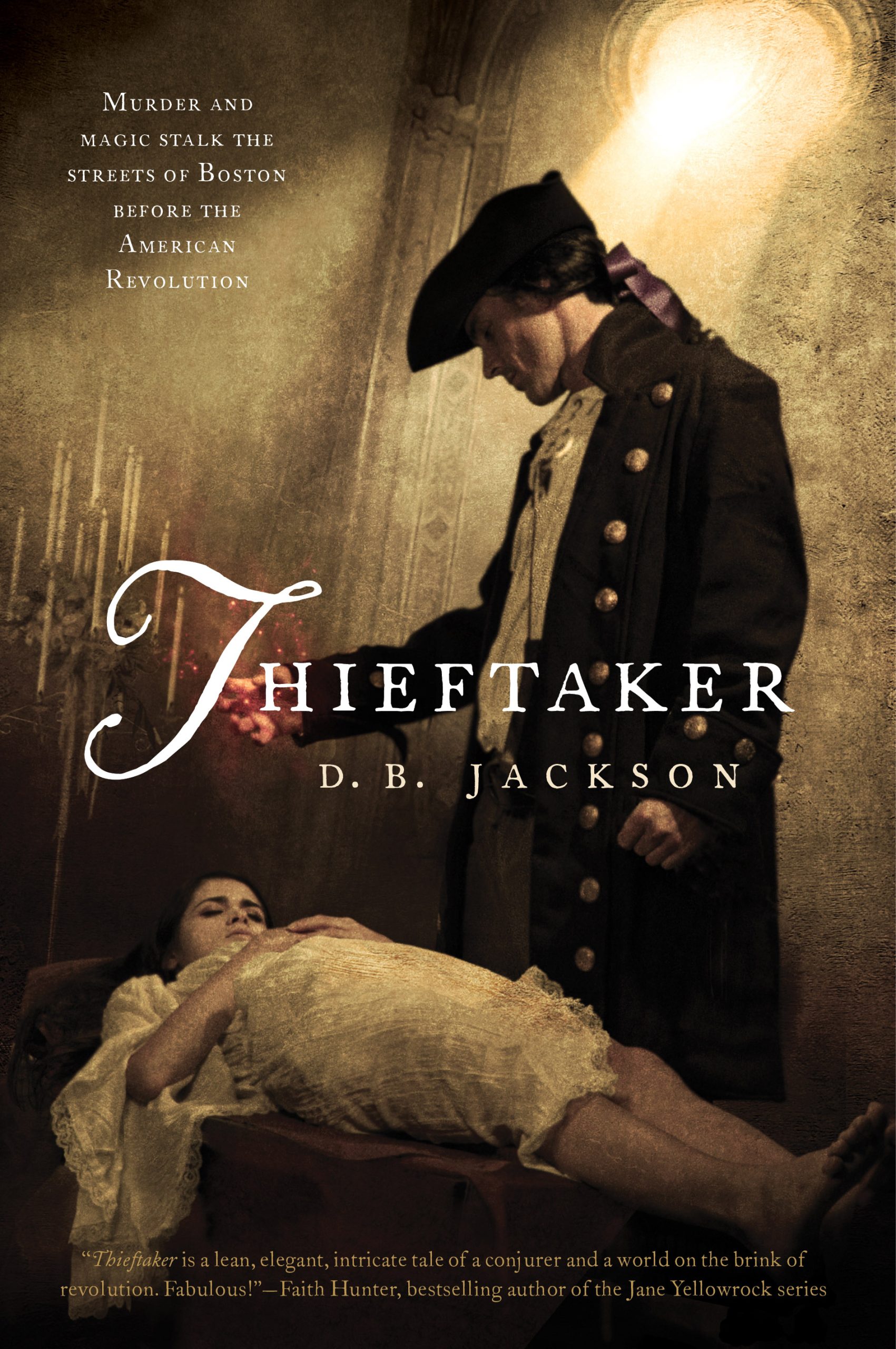 What about the rest of my life? What’s next in other realms?
What about the rest of my life? What’s next in other realms?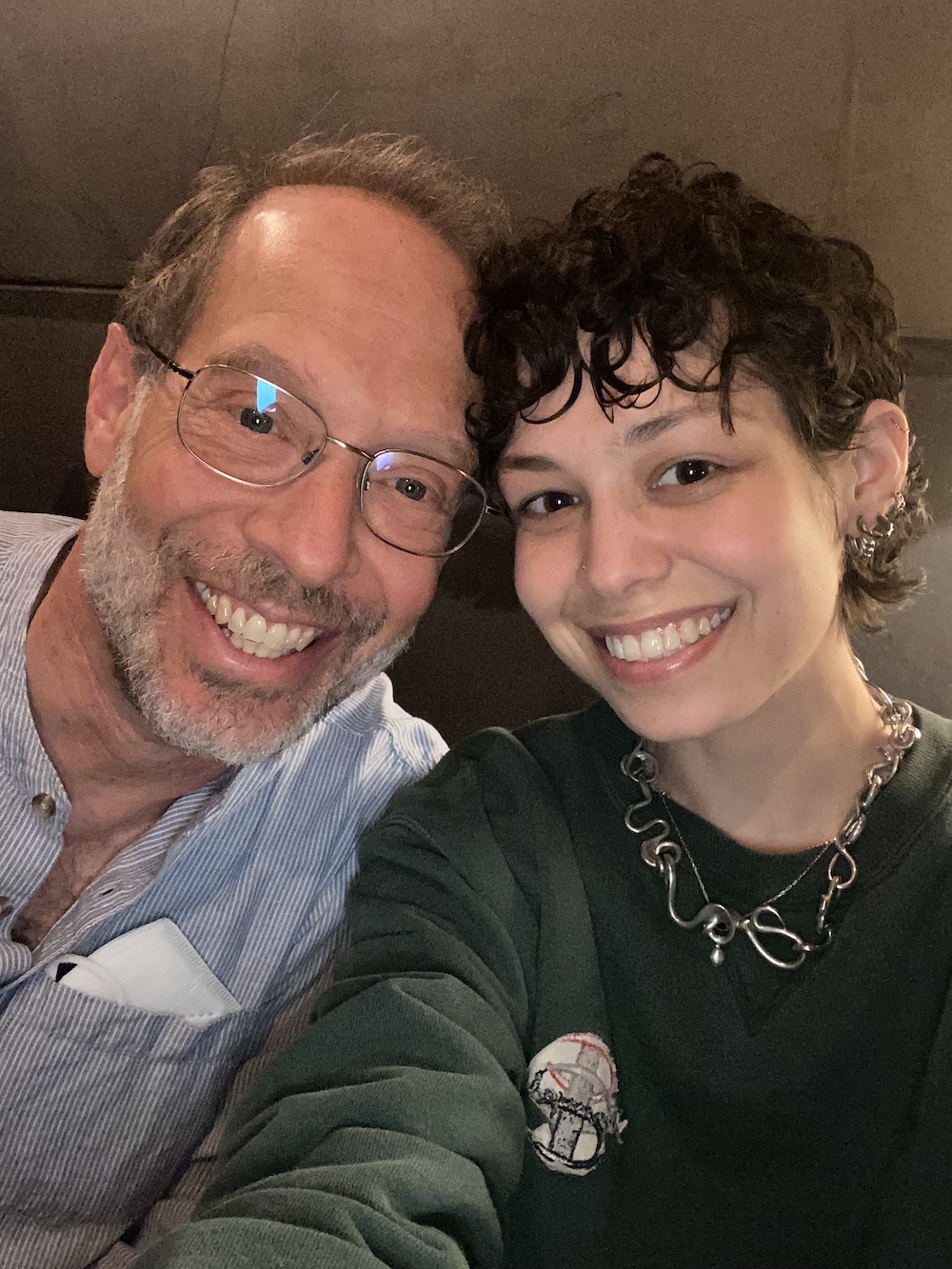 It has now been nearly five months since we lost Alex. I still get the same question — and to be clear, I don’t mind being asked. Not at all. It’s just that I still don’t know how to answer. My friends tell me that five months is nothing, that there is no reason I should have a handle on my emotions already. My therapist says the same. I suppose I should listen to all of them. But I grow impatient with myself. I make my living with words and with emotions. The core of my art is conveying the emotional state of my point of view characters. It’s practically the definition of what a fiction writer does.
It has now been nearly five months since we lost Alex. I still get the same question — and to be clear, I don’t mind being asked. Not at all. It’s just that I still don’t know how to answer. My friends tell me that five months is nothing, that there is no reason I should have a handle on my emotions already. My therapist says the same. I suppose I should listen to all of them. But I grow impatient with myself. I make my living with words and with emotions. The core of my art is conveying the emotional state of my point of view characters. It’s practically the definition of what a fiction writer does.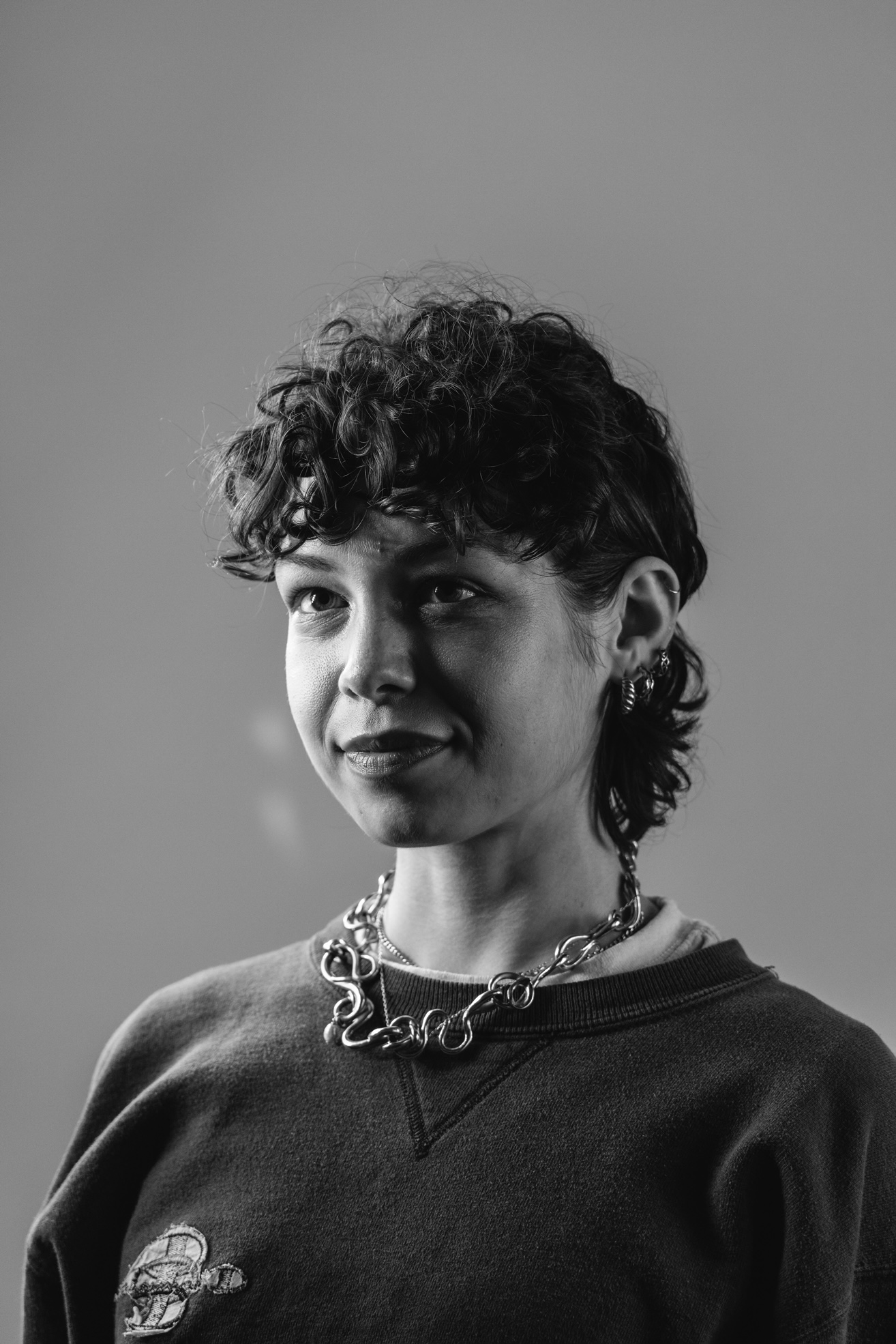 Today is the 22nd of January. It’s been exactly three months since our older daughter passed away.
Today is the 22nd of January. It’s been exactly three months since our older daughter passed away.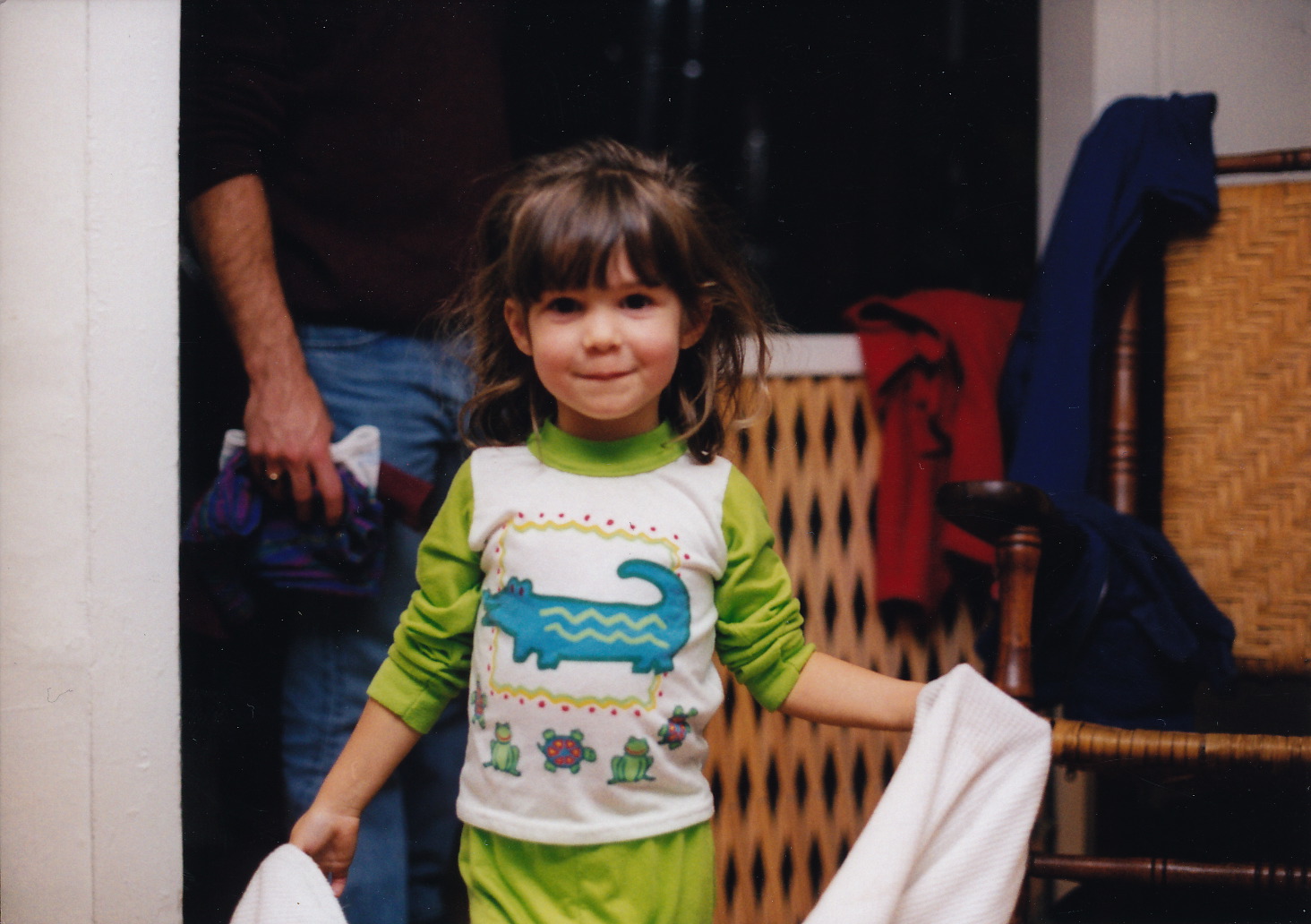 At this point, the celebrations of her life are over. Guests from out of town have left. Erin has gone back home. Nancy is starting to work again, and I am gearing up to do the same. We are, I suppose, stepping back into “normal” life. Except there is nothing normal about it, and in ways that truly matter, in ways that will remain with us for the rest of our lives, it will never really be normal at all, ever again.
At this point, the celebrations of her life are over. Guests from out of town have left. Erin has gone back home. Nancy is starting to work again, and I am gearing up to do the same. We are, I suppose, stepping back into “normal” life. Except there is nothing normal about it, and in ways that truly matter, in ways that will remain with us for the rest of our lives, it will never really be normal at all, ever again.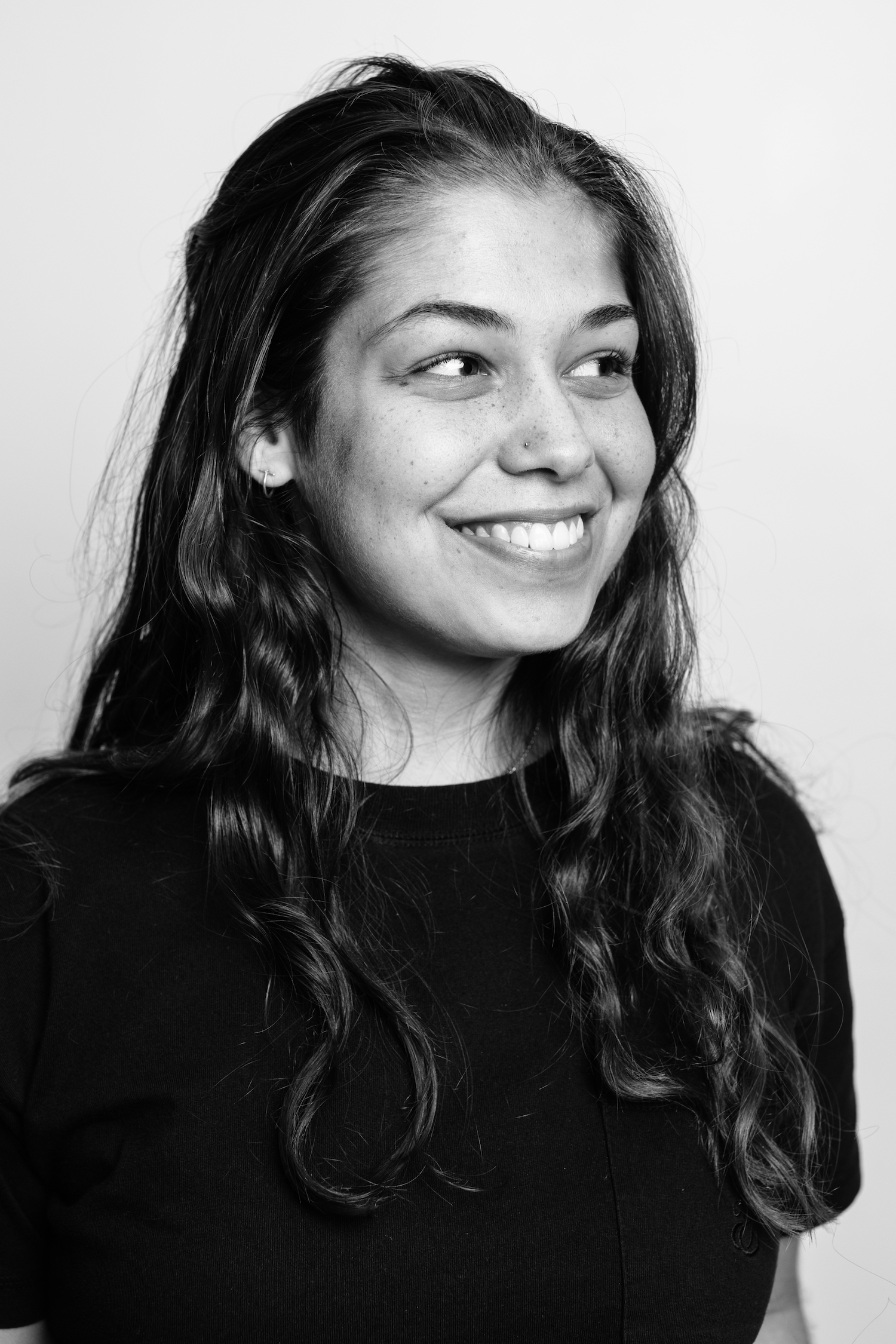 The numbness, though — that bothers me. I want to feel. I want to weep for my child or laugh at a golden memory. I want to feel pain and love and loss and connection, because those keep my vision of Alex fresh and present. Numbness threatens oblivion. Numbness makes the loss seem complete, irretrievable — and that I don’t want. Not ever. Better to cry every day for the rest of my life than lose my hold on these emotions.
The numbness, though — that bothers me. I want to feel. I want to weep for my child or laugh at a golden memory. I want to feel pain and love and loss and connection, because those keep my vision of Alex fresh and present. Numbness threatens oblivion. Numbness makes the loss seem complete, irretrievable — and that I don’t want. Not ever. Better to cry every day for the rest of my life than lose my hold on these emotions.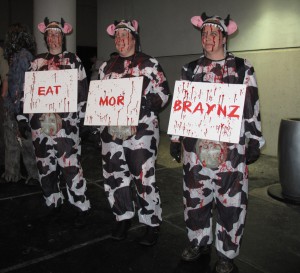 80,000 people. This year, in an attempt to control the crowd just a little, I believe attendance at the con has been capped at 65,000. Yeah, that’s still pretty big.
80,000 people. This year, in an attempt to control the crowd just a little, I believe attendance at the con has been capped at 65,000. Yeah, that’s still pretty big.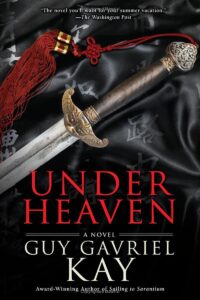 I have just started reading a book that I have read at least one time before. Maybe two. It is Under Heaven, by Guy Gavriel Kay, a terrific historical fantasy set in a world modeled after Tang Dynasty China. The truth is, I read many of Guy’s books more than once. I read books by other authors multiple times as well, and I would recommend that others do the same — writers AND non-writers.
I have just started reading a book that I have read at least one time before. Maybe two. It is Under Heaven, by Guy Gavriel Kay, a terrific historical fantasy set in a world modeled after Tang Dynasty China. The truth is, I read many of Guy’s books more than once. I read books by other authors multiple times as well, and I would recommend that others do the same — writers AND non-writers.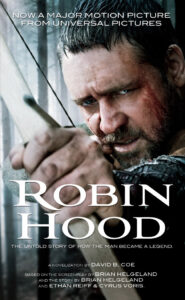 But the media work I have done in the past wasn’t like that. Back in 2009-2010, I wrote the novelization of Ridley Scott’s movie Robin Hood, starring Russell Crowe and Cate Blanchett. The movie wasn’t out yet — I worked from a script — and I didn’t know whether or not I would love it. (I didn’t.) In 2018, I wrote a novel that tied in with the History Channel’s Knightfall series about the Knights Templar. In this case, I got to see all the episodes of the first season before the series was aired. I liked the show well enough.
But the media work I have done in the past wasn’t like that. Back in 2009-2010, I wrote the novelization of Ridley Scott’s movie Robin Hood, starring Russell Crowe and Cate Blanchett. The movie wasn’t out yet — I worked from a script — and I didn’t know whether or not I would love it. (I didn’t.) In 2018, I wrote a novel that tied in with the History Channel’s Knightfall series about the Knights Templar. In this case, I got to see all the episodes of the first season before the series was aired. I liked the show well enough.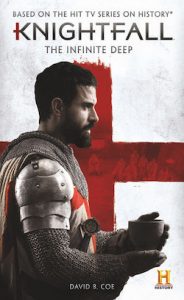 With the Knightfall book, I had a good deal more freedom and control, and so I enjoyed the process much, much more. But still I was mostly writing from the viewpoint of someone else’s characters. There is one point of view character, though, who I made my own — a child who appears later in the series as an adult. But her childhood POV was mine and gave me that sense of ownership, of personal investment in the book.
With the Knightfall book, I had a good deal more freedom and control, and so I enjoyed the process much, much more. But still I was mostly writing from the viewpoint of someone else’s characters. There is one point of view character, though, who I made my own — a child who appears later in the series as an adult. But her childhood POV was mine and gave me that sense of ownership, of personal investment in the book.